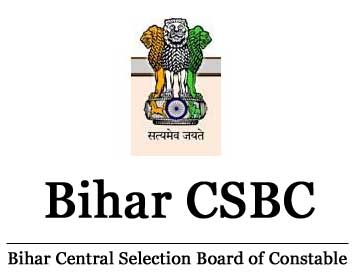(Syllabus) Syllabus for Home (Prisons) Dept Dresser Examination

(Syllabus) Syllabus for Home (Prisons) Dept Dresser Examination
Syllabus for Home (Prisons) Dept Dresser Examination :
Life Science (Anatomy and Physiology)
1. Scope of Anatomy and Physiology, Definition of Various terms used in anatomy.
2. Structure of cell, Function of its components with special reference to mitochondria and lysosomes.
3. Elementary tissues of the body i.e. epithelial tissues, muscular tissues, connective tissues and Nervous tissue.
4. Structure and function of skeleton, classification of joints and their function, joint disorders.
5. The Blood-compositions, blood pressure and its recording, blood groups and coagulation of blood, Brief information regarding disorders of blood.
6. Functions of lymph glands.
7. Structure and functions of various pars of the heart, and brief information about cardio-vascular disorders.
8. Various parts of respiratory system and their functions, physiology of respiration.
9. Various parts of urinary system and their functions, structure and function of kidney, physiology of urine formation, pathophysiology of renal diseases and edema.
10. Structure of skeletal muscle, physiology of muscle contraction, positions attachments and functions of various skeletal muscles.
11. Various parts of central Nervous System, Brain and its parts and functions.Anatomy and physiology of autonomic nervous system.
12. Elementary knowledge of structure and function of the following taste organ,smell, Eye and skin, physiology of pain.
13. Digestive system, Various parts of Digestive system and their functions, structure and functions of liver, physiology of digestion and absorption.
14. Principles of nutrition and vitamins.
15. Endocrine Glands and Hormones, Location of the gland and their functions -pituitary, thyroid, adrenals and pancreas.
16. Concept of health and disease, Basic principles of rural and health sanitations.
I. Principle of Dressing, Technique of Sterilization & Room Management, Dressing Technique & uses of Surgical Instrument.
II. SURGICAL INSTRUMENTS AND SURGICAL PROCEDURES. Sterilization and Disinfection - Different methods, protection of patients in surgery. Preparation of patients of surgery etc.
III. ANESTHESIA : Different methods and procedures of anesthesia, Preparation of patient for anesthesia, Intensive care etc.
IV. SURGICAL: Procedures and preparation of Operation Theatre.Ethics/discipline, Safety for operating Room and Personnel. Preparation of Instruments etc, National Health Programmes and Policy and health-care delivery system in the country etc.
Pharmacology
1. General Pharmacology and General action of drugs.
2. Drug toxicity.
3. Metabolic fate of drug.
4. Methods of administration.
5. Action of drugs on central Nervous system, anesthetics, alcohols, alkaloid,narcotics, Antipyretics, hypnotic, sedatives, anti-contraceptives, stimulants.Psychotherapeutic agents. Drug acting on autonomic nervous systems. Drug action on pain and inflammatory conditions.
6. Drugs acting on peripheral nervous system, cholinergic and adrenergic drugs.
7. Drugs acting on neuromuscular junction and muscles.
8. Drugs acting on cardiovascular system.
9. Drugs acting on respiratory system.
10. Chemotherapeutic agents, antibiotics, Sulpha drugs.
11. Hormones and their functions.
12. Vitamins.
13. Immunology and immune stimulating suppressive agents.
14. Diagnostic agents.
15. Action of sera and vaccines.
16. Pharmacodynamics - Mechanism of drug action, drug abuse. Factors modifying drug action. Pharmacodynamics and Pharmacokinetics aspect.
17. Study of forensic medicines, Toxicology and Medico legal importance.


